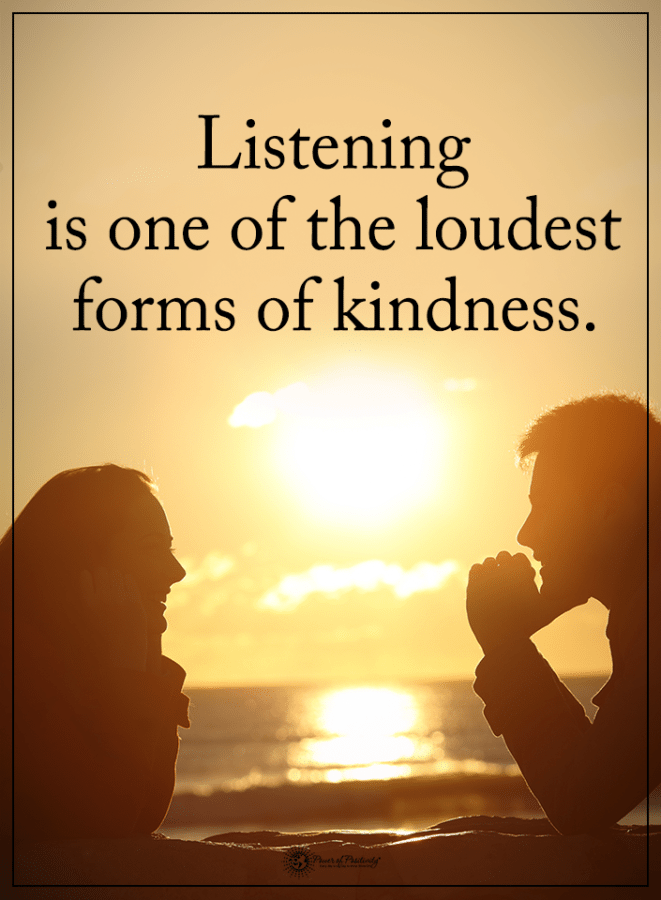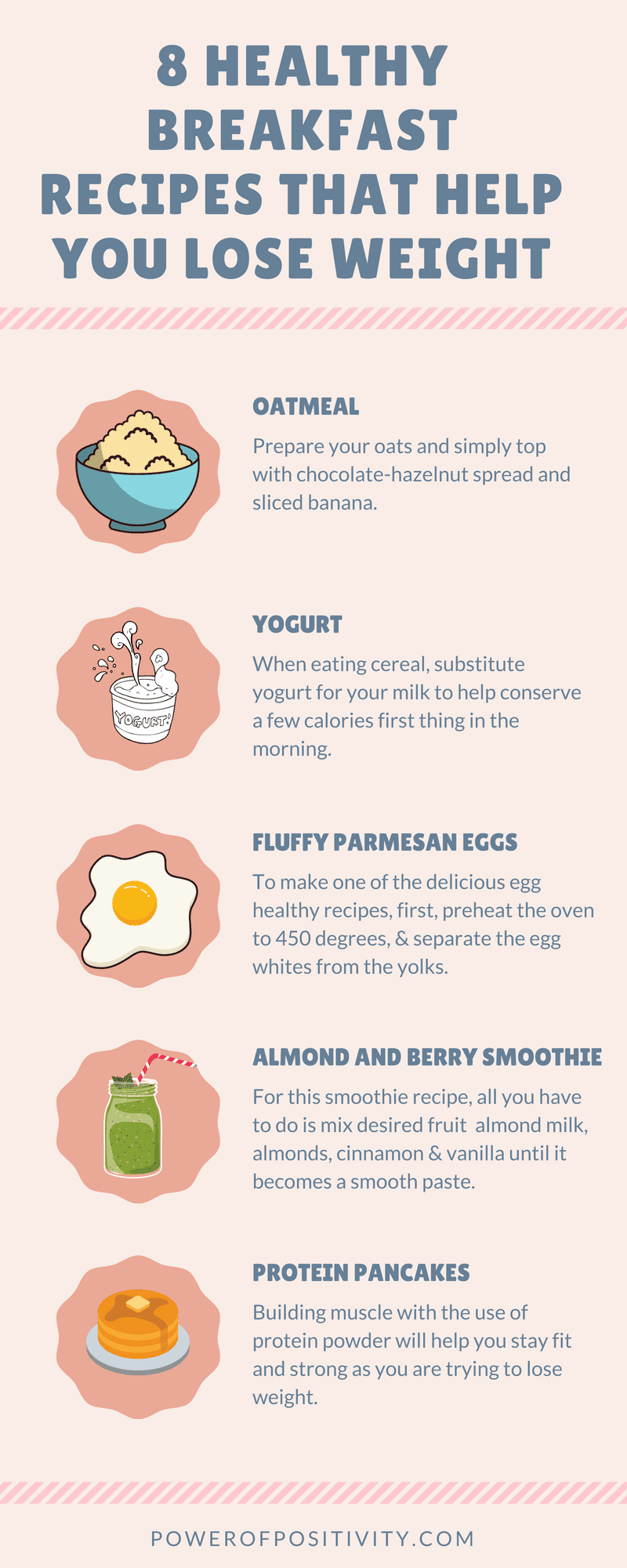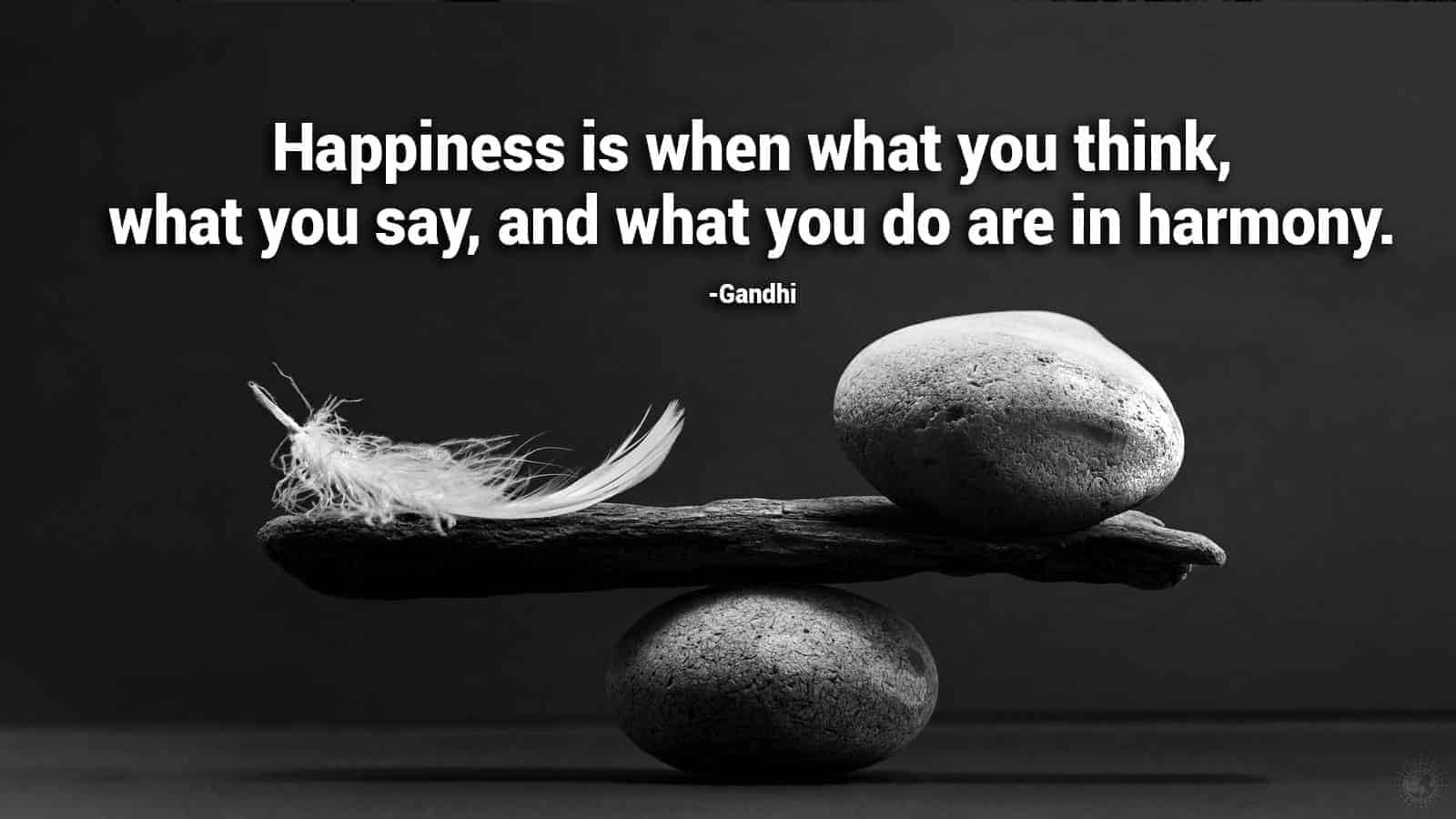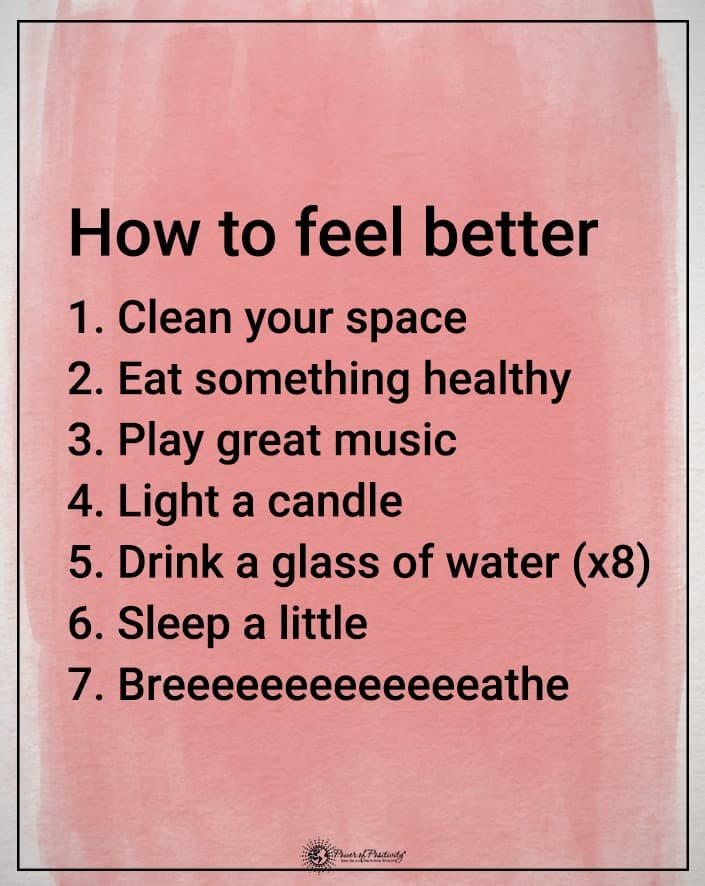Work, school, and other stressors can make it hard to maintain a strong relationship like when they first started in our day-to-day lives. It can be a struggle to get a relationship back where you want it to be.
“Well, it seems to me that the best relationships – the ones that last – are frequently the ones that are rooted in friendship.” – Gillian Anderson.
But like Nicholas Sparks mentioned, “Every couple needs to argue now and then. Just to prove that the relationship is strong enough to survive. Long-term relationships, the ones that matter, are all about weathering the peaks and the valleys.”
Luckily, there are plenty of things that can help strengthen a relationship and keep the feeling of love steady and strong. It’s the little things that help build up a relationship. Sure, you need the strong foundations to start with, but the more minor things help build up a relationship and keep it strong.
8 Habits That Make Relationships Strong
1. Check up on each other
When you both make it a habit to check in on one another, it can help strengthen the feeling of love between you. Couples who call one another after a long day at work to see how they’re feeling or send a text to make sure they made it home okay after a long journey will have a better connection and feel taken care of by one another. It’s such a small thing, but it can make a difference.
2. Laughing together
A couple who can share a sense of humor and laugh together will form emotional bonds that can help keep the relationship running strong.
Psychologist Doris Bazzini, Ph.D., says, “Laughter reminiscence packs an additional punch because people relive the moment by laughing again.”
Whether you decide to sit down with a funny movie or just an evening of watching funny YouTube videos, laughing together is essential. Once a couple laughs together, their brains will be wired to associate each other with happiness and laughter.
3. Sharing is caring
Whether it’s your feelings, or emotional and traumatic things from your past, learning to share with your partner can make your relationship that much stronger. Couples who feel as if they can tell one another anything will have a stronger connection than couples who are afraid to be vulnerable with one another. Strength comes from trusting one another, and couples who can share will have a strong and lasting relationship.
4. Good listening skills
Everyone wants to feel heard when they talk, so good listening skills are essential in any relationship. Everyone should be able to listen openly when their partner speaks. Letting your partner know that you’re listening to their feelings, fears, or concerns will help make it easier for them to trust and respect you. With trust comes strength in any relationship. Couples who are good at listening to one another will have a lasting, strong relationship.
5. Honesty is the best policy
Being completely honest will help keep the relationship strong, even if it’s not something that your partner wants to hear. Couples who can be honest about how they’re feeling, what they’re thinking, and their opinions on specific topics can keep their relationship strong.
“What honesty gives you is a great deal of comfort. Knowing you can implicitly trust your mate allows you to be your best self, and your relationship will continue to thrive because you can give each other the positive energy you need to navigate life’s ups and downs,” says psychotherapist, syndicated columnist, and radio host Barton Goldsmith Ph.D.
It’s essential to trust that your partner is going to be honest with you, no matter what.
6. Giving in to impulse
Being spontaneous helps ensure that the relationship doesn’t fall into a rut. If you want to get in the car and take a vacation one town over for the weekend, do it! If you’re going to make random plans, follow through!
“Over time, it’s inevitable that life falls into a pattern of routine and “same old, same old.” It’s easy to fall into behaviors that are reliable, steady, and boring as well. So it’s important to change it up from time to time to alter our thinking, provide a new perspective, and create interest and excitement,” says psychiatrist Abigail Brenner M.D.
Couples will have a strengthened relationship when they can go with the flow and give in to their impulses.
7. Take mental notes
Remembering what your partner likes and dislikes will mean that you’re paying close attention to your partner. Then, you’ll be able to show them that you’ve paid attention by giving them the things that they enjoy and avoiding the things they don’t. Couples who can focus on one another and take mental notes to remember the essential things will always have a strong relationship.
8. Teasing one another
Nothing has to be serious all the time! Couples should know when to give in and tease one another – especially if it means cheering one another up. Knowing when enough is an integral part of being able to tease one another. Couples with a strong relationship will know when to stop joking – but the teasing will help keep the relationship strong.
9. Resist blame-shifting
One habit that kills a strong relationship is blame-shifting. When you’re upset, it’s tempting to blame your partner. It’s never helpful to single out one person as solely responsible. Sometimes couples don’t realize they’ve fallen into blaming one another. Contrary to what you may believe, it’s not just abusive people who blame shift. It’s a common habit that couples slip into. Blame-shifting is telling the other person what’s wrong with them. It’s refusing to take responsibility for your attitudes instead of blaming your partner. Blame-shifting is subtle. It’s using is words or phrases like:
- You never tell me anything
- You’re always late for dinner
- You started it. It’s not my fault.
- I didn’t mean to be rude, but you made me mad.
- I wouldn’t be so angry, but you…
- You never help me. Why should I help you?
Blame-shifting damages your strong relationship. It’s important that you learn to take responsibility for your actions and words instead of placing the blame on your partner. Strong couples resist the urge to blame-shift. They learn how to work out their disagreements with gentle but kind words.
10. See the best in one another
Seeing the best in your partner means you believe they are trustworthy people. It means you trust them and the choices they make. You don’t feel better than them, nor do you feel inferior to them. These attitudes damage a strong relationship. Your partner knows you believe the best about them. They’re confident that you won’t drill them with a thousand questions when they get home. Strong relationships have a mutual trust for one another without accusations or jealousy.

11. Emotional encouragement
When you provide emotional support for your partner, you let them know you’ll stand with them in the good times and the bad times. You’re interested in how they feel about things. Strong couples learn to ask good, feeling-oriented questions to draw one another out. Questions you can request one another include:
- How did that make you feel when your boss said that?
- When your sister did that, how did you react?
- What is one thing you worry about at work?
- How did you feel when you heard that?
You may assume you know how your partner feels about something, but it’s always good to ask. This habit will make your relationship strong.
12. Encouragement
When you were first together, you and your partner probably encouraged one another. You probably told one another how wonderful you were and how much you loved each other. But after a few years, you may have slipped into assuming you don’t need to encourage one another anymore. Studies reveal that encouragement makes your significant other feel supported. Saying things as simple as:
- I love being with you.
- You are amazing.
- I appreciate you did that for me.
- Thank you for doing that.
- You make me feel loved.
- I’m so glad you’re mine.
- I missed you today
- I appreciate you taking the time to say that.
Strong couples make it a habit to encourage one another. They don’t assume the other person knows how they feel but make an effort to encourage.
13. Show mutual respect
A strong relationship comes from respect. When you respect someone, you regard their rights, feelings, and opinions. You show respect for your words and actions. Strong couples show respect by refusing to do these things:
- Sarcastic or snarky responses
- No eye-rolling
- Being patient
- Showing compassion
- Allowing your partner to share their ideas
- Apologizing when you make a mistake
- Acknowledge their worth
- Forgive quickly, not holding it over them.
- Take responsibility for your actions and words
Mutual respect is a foundational habit that strong relationships are built on.
14. Mind your manner
It’s easy to slip into bad manners when you’re in a relationship. You may have good manners in public, but you don’t care at home. You’re rude and impolite. It may sound cliche, but practicing good manners around your partner shows them you respect them. Saying “please” and “thank you” makes your partner feel valued as a person. Greeting them when they get home with a hug and a kiss communicates your love. Good manners help you live together in peace with one another. It fosters a sense of security and even improves your happiness. It’s what strong people in solid relationships do.
15. Committed to their relationship
A strong relationship builds from commitment. Both partners work together to maintain the strength of the relationship. They say, “We’re in this for the duration.” They do the hard work they should make their relationship strong. They talk about hopes and expectations in their relationship. A strong couple realizes their weaknesses and works to overcome them. Celebrating life together is significant to them. They plan holidays, anniversaries, and birthdays together. If you’re committed to your relationship, you’re willing to talk about what irritates you without belittling your partner. You ask for input about your weaknesses. A strong couple is committed to one another. They’d rather face the storms of life together rather than apart.
16. Value spirituality
Strong relationships value spirituality. You can talk about your beliefs in God with your partner without fear of judgment. Both partners are willing to listen and ask questions. Knowing what one another believes should be a long conversation you have early in your relationship because your religious values are significant to your relationship. It’s not a good idea to tell a partner that religion is super important to you after six months of dating and never bringing it up. Studies show that people who take part in religious services are more hopeful and happier about their life. Good chance, valuing spirituality will not only make your relationship strong but increase your happiness and hope in life.
17. Plan the future together
One habit of strong couples is to talk and plan your future together. The more you talk, the more you understand one another’s goals, dreams, and desires for the future. You talk about things like:
- Work goals
- Dreams for your home
- Saving money for a trip to Europe
- Willingness to invest in stocks
- Plans for vacation or holidays
- Making family members a priority to visit
18. Use good listening techniques
Good listening skills are essential for a relationship. When you listen to your partner, you show them you care enough to hear their thoughts and opinions. Looking at your phone while they’re talking to you hinders your ability to listen well. It also tells your partner you’re not interested in what they’re saying. Being an active listener improves your communication and improves the overall happiness of your relationship. Strong couples value good listening skills and desire to grow in this area.
19. Have the same friends
When you’re in a relationship, it’s healthy to have your friends, but strong relationships make it a priority to have friends in common. Hanging out with other couples strengthens your connection. You realize that other people have similar struggles as you two. Being together with other couples gives your relationship a different context and perspective. You see strengths and weaknesses in other couples, which you can decide you want or don’t want in your relationship. It builds you together as a couple to have these common friendships.
20. Honesty about your relationship
Being in a relationship doesn’t mean you always “feel” in love with another person. It means you sometimes feel mad at your partner, but it doesn’t cancel out your commitment to them. A strong relationship builds from honesty, and your relationship has its ups and downs, but that’s okay.

Final Thoughts On Building Strong Relationships
Relationships can start to falter when you’re least expecting it. Knowing the types of things that will keep the ties sturdy can help make sure that your relationship is still as strong and healthy as the day you got together. Couples who can laugh together, be honest, and trust one another will always have a long-lasting and strong relationship, no matter the trials and tribulations that life puts them through.
Strong relationships don’t just happen. A good relationship takes effort and establishes good habits. These twenty habits that make a relationship strong are hard work, but if you incorporate them into your relationship, it will be strong and resilient as you face the storms of life together.







 Final Thoughts on Knowing When Someone Is Emotionally Unstable
Final Thoughts on Knowing When Someone Is Emotionally Unstable




